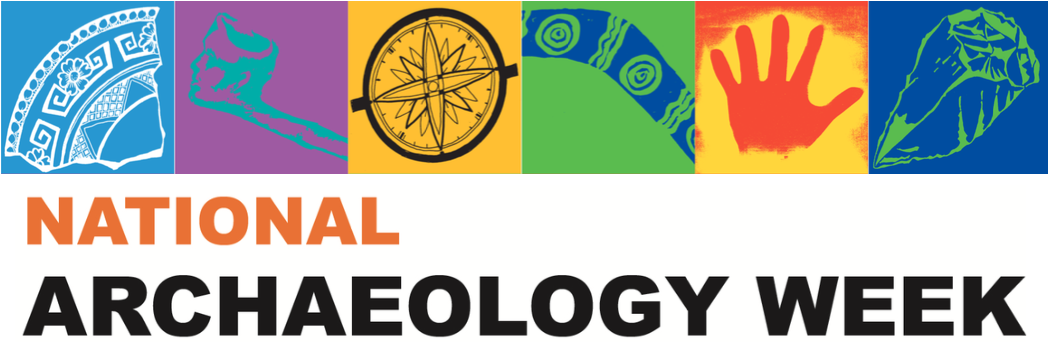Amelia Brown
Current position
Senior Lecturer in Greek History and Language, University of Queensland.
Where did you study?
Princeton and UC Berkeley Graduate Group in Ancient History and Mediterranean Archaeology.
How did you become interested in archaeology?
I dug in my backyard in Vermont when I was a kid, finding old glass bottles and broken china, which I washed and displayed in my playhouse. I was also fascinated by King Tut's tomb, art and antiques of all eras, and I wanted to become an archaeologist since about grade 2.
What archaeological projects are you working on at the moment?
I am working on publication of Roman portrait statues and Archaic model votive boats from Corinth, in Greece, as well as a monograph about the archaeological and historical evidence for Ancient Greek sailors' religion.
Tell us about one of your most interesting archaeological discoveries.
At Corinth I excavated a series of Geometric-era (Iron Age) burials, including the earliest stone sarcophagi from the site, and Greece. However one of the most memorable was a child's burial without any sarcophagus or even pottery around it, just the skull and bones, but very carefully inhumed in the otherwise-adult graves lining the ancient road. At first I thought the skull was a pot, but then recognised it was bone. It was an exciting find which really brought that era of ancient Corinth alive again, and made the adult burials seem more human as well.
Tell us about a funny / disastrous / amazing experience that you have had while doing archaeology.
A funny experience in archaeology was when I was digging at Polis Chrysochous (ancient Marion/Arsinoe) on Cyprus with the Princeton excavations. We found a small strip of mosaic floor from an early Christian basilica church. In order to preserve it, we applied glue and fabric to the front, and then just rolled it up like a carpet!
What’s your favourite part of being an archaeologist?
Finding interesting new things that connect with important stories and significant human experiences, either in the ground or storerooms or online or in old archives.
Follow up reading.

